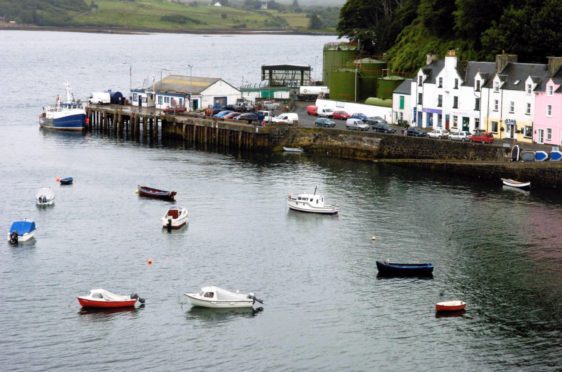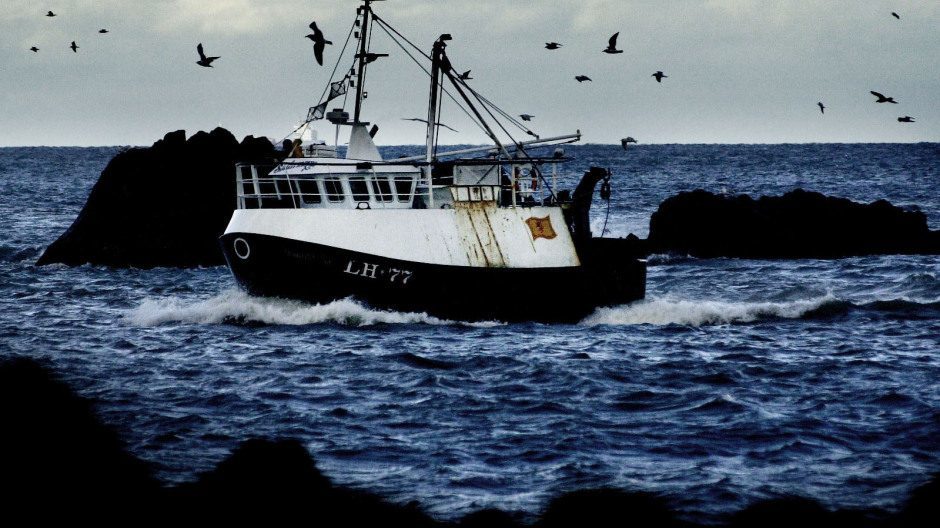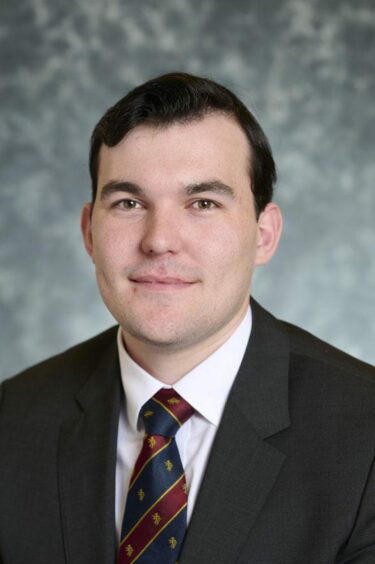A row has erupted over Highland Council’s handling of the controverisal fishing ban plan.
The council submitted an official response to the Scottish Government’s highly protected marine areas (HPMA) proposals on April 17.
That response went to the council’s economy committee today for noting.
Instead, it sparked a volley of criticism from opposition councillors, who said they were shut out of discussions.
The Scottish Government is proposing to introduce HPMAs in 10% of Scottish seas by 2026. This would place stringent restrictions on all fishing and most leisure activities, in a bid to protect marine life.
However, the plans have sparked outrage among fishing communities.
HPMAs branded ‘outrageous attack’
In its consultation response, the council has “strongly opposed” the HPMAs plan. It recognises the need for action on the biodiversity crisis, but warns the restrictions would have serious socio-economic impacts on fragile coastal communities.
The response itself was met with derision from opposition councillors. Conservative member Ruraidh Stewart called HPMAs an “outrageous attack on our communities”. For the islands in particular, the Skye councillor said HPMAs “put their very existence at risk”.
Mr Stewart said he was disappointed that Highland Council did not go further in its opposition. He said some local authorities have threatened the Scottish Government with judicial review.
But the council was clearly stuck between a rock and a hard place on this divisive issue. Green member Kate Willis said HPMAs are necessary, following a century of over-exploitation of Scottish seas.
Citing New Zealand as an example, Ms Willis told councillors there is international evidence of the benefits both to biodiversity and inshore fishing. She said marine reserves attract scientific study and sustainable tourism.
For the fishing industry, HPMAs “protect the very resource they depend on and therefore secure their future”, said Ms Willis.
Chairman Ken Gowans said the council had aimed to capture the complexity of the subject and the range of views held, but they were up against the clock.
Chamber of secrets?
However, the content of the response was not the only issue. The bigger problem was the process the council followed in drafting the document.
Officers and senior leaders confirmed that the HPMA response was written by officers on the instruction of the senior leadership group (SLG). The SLG is made up solely of senior administration councillors, and meets in private.
Mr Stewart said there were at least 20 public meetings of council committees in the consultation timeframe, but members’ views were not sought.
Instead, he said, members are expected to rubber stamp a decision made at the council leader’s “chamber of secrets”.
His remark drew gasps and laughter from the chamber, with chairman Ken Gowans branding it disrespectful.
Mr Gowans defended the administration, saying it followed the same process for HPMAs as any other consultation.
Highland Council officers clarified that while the consultation opened in December 2022, the Scottish Government didn’t provide all the necessary information until March. This forced the council to quickly draft a response in consultation with the SLG.
Leader Raymond Bremner told the opposition to “respect what you’re being told”.
The Conservatives pushed the matter to a vote, but lost 15-2.
The council’s consultation response now rests with the Scottish Government.
Mr Gowans sought to reassure members that there will be more time for full debate, with another round of consultations planned for 2024.
Are you interested in more exclusive and breaking Highland and Islands news from the P&J? If so, why not join our dedicated Facebook page HERE



Conversation